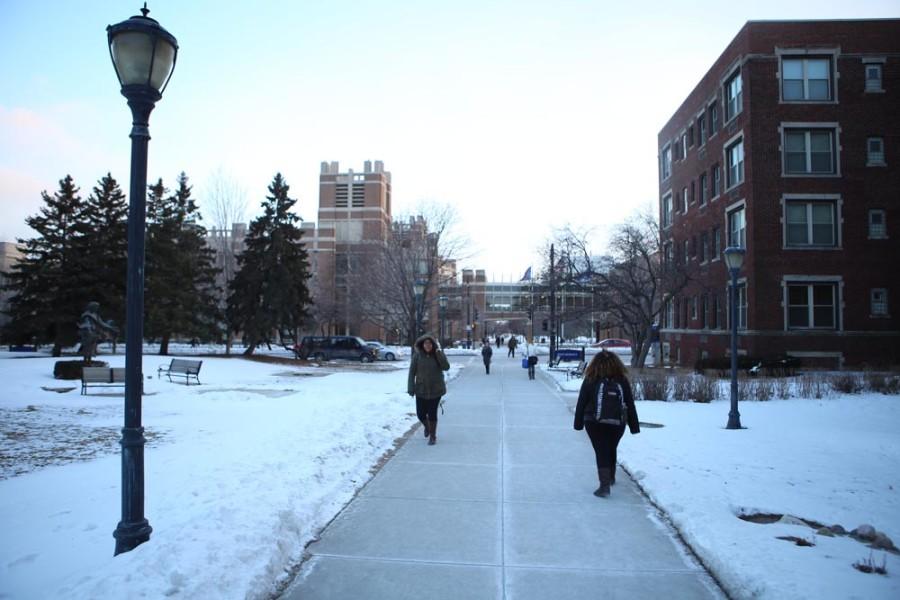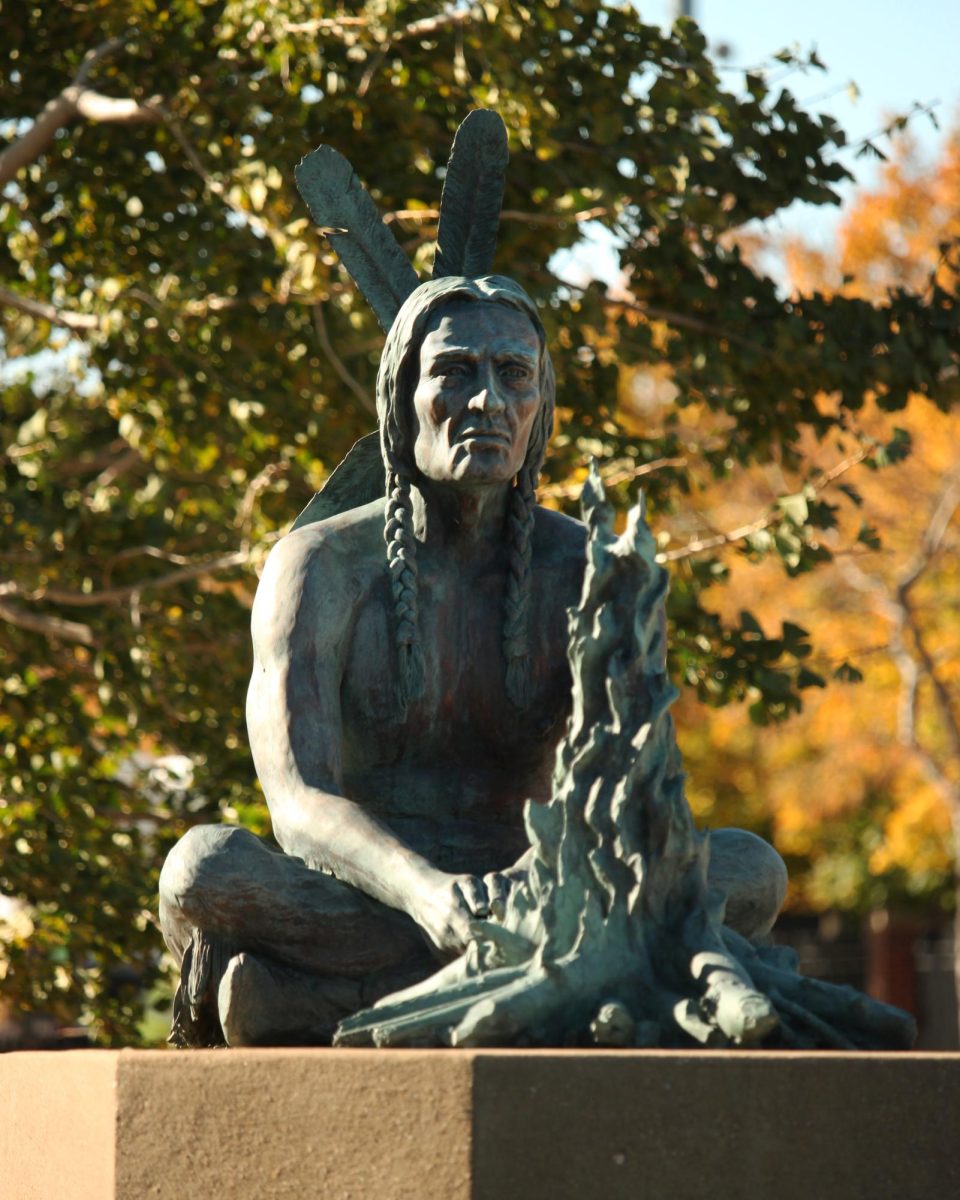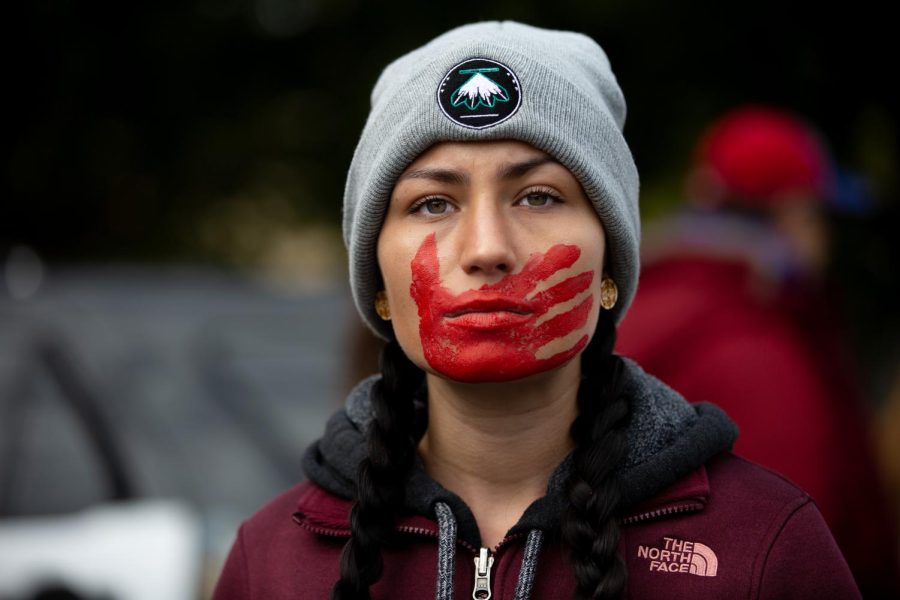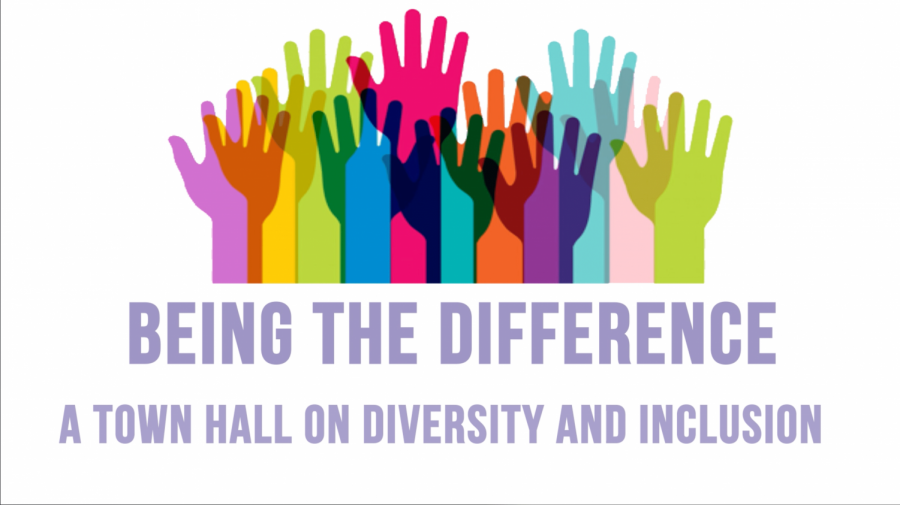The Washington Redskins have made a lot of national news lately, but not based on the team’s performance on the field.
Robert Griffin III’s squad started just 1-3, allowing a highly publicized dispute over the team’s nickname to take center stage.
It’s a familiar issue to many Marquette fans, as the university changed its mascot from the Warriors to the Golden Eagles in 1994 due to a desire to be politically correct.
However, that was nearly 20 years ago and involved a name that, compared to “Redskin,” seems much less offensive. So why is it now that Washington has come under such heavy and concentrated scrutiny?
A growing number of critics have come out of the woodwork, including more than a handful of well-known sports media figures.
Grantland and ESPN.com writer Bill Simmons took to calling the Redskins “The Washington D.C.’s” in his columns. ESPN pundit and general hothead Keith Olbermann dubbed “Redskin” as “the last racist term you can say at the office without getting fired.”
Even President Obama weighed in on the controversy, stating the name is “offending a sizable group of people,” and if he were the owner he would “think about changing it.”
Wednesday, the team’s owner Dan Snyder responded to criticisms in an open letter to Washington fans. In the letter, Snyder stated that he “listened carefully to the commentary and perspectives on all sides” and that he “respects the feelings of those who are offended by the team name.”
The owner added that he “hopes such individuals will also try to respect what the name means, not only for all of us in the extended Washington Redskins family, but among Native Americans too.”
Snyder then cited a 2004 survey by the Annenberg Public Policy Center in which 90 percent of Native Americans claimed they weren’t bothered by the term “Redskin.” He also mentioned an April 2013 Associated Press survey in which 79 percent of the respondents stated the team should not change its name compared to 11 percent against the name.
Both sides of the debate raise good points, but a main concern should be the side that has had possibly the least amount of input. While a lot of either outrage or support came from the media, the voice of the Native American community remain overshadowed.
The 2004 survey may seem conclusive, but there’s certainly a possibility the consensus changed in the last 10 years. Both proponents and critics of the name use the testimony of individual Native Americans to advance their positions. But the fact is the general public knows very little about how the Native American community as a whole feels about the issue.
Regardless of that factor, Snyder made it clear that he has no intentions of changing the name, and his opponents have shown no signs of backing down.
That being said, it’s easy to get caught up in the politics of the controversy. It seems, like with many disputes currently dominating the nightly news, any sort of compromise is out of reach and could be for some time.





